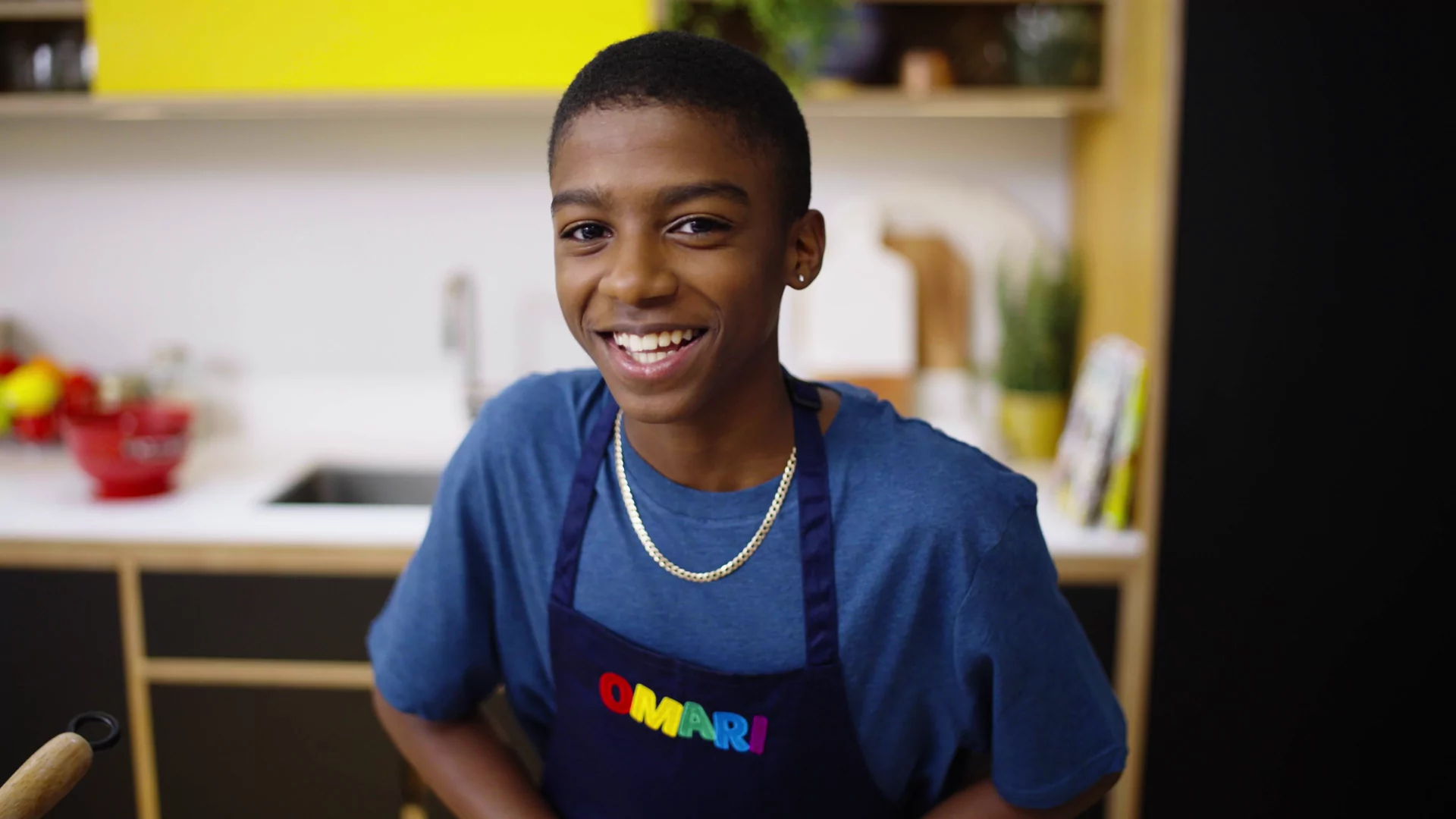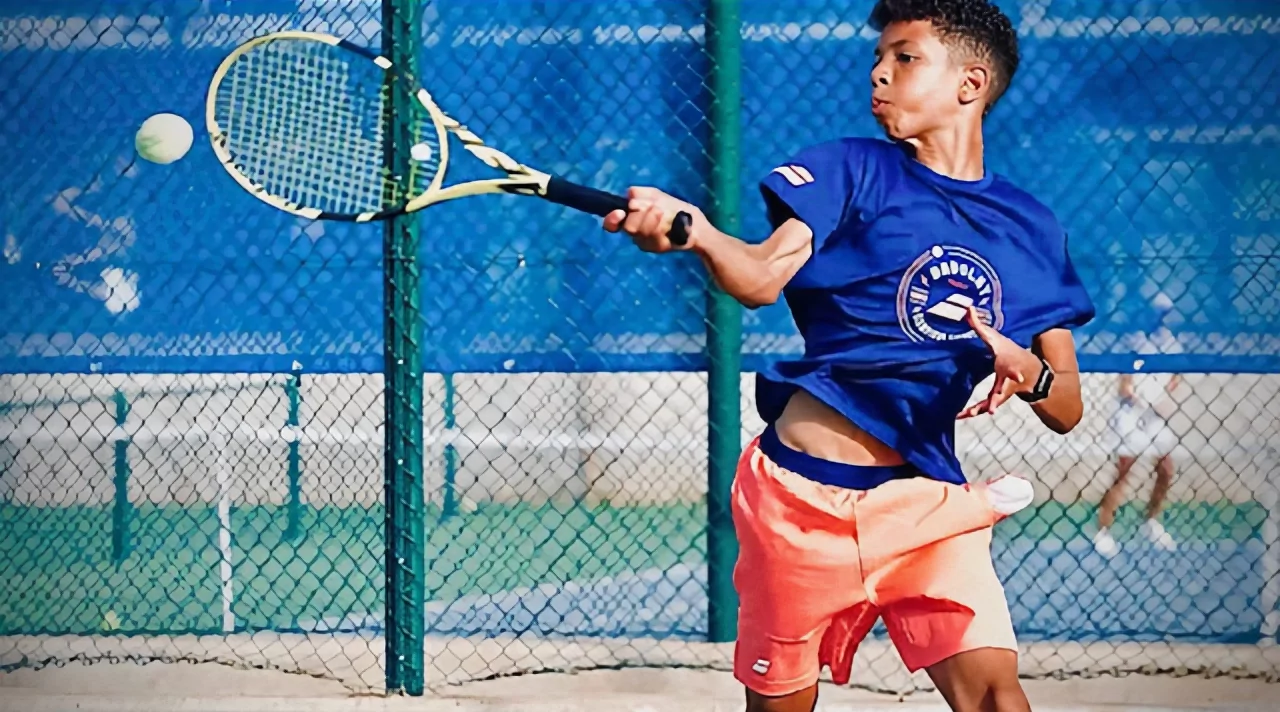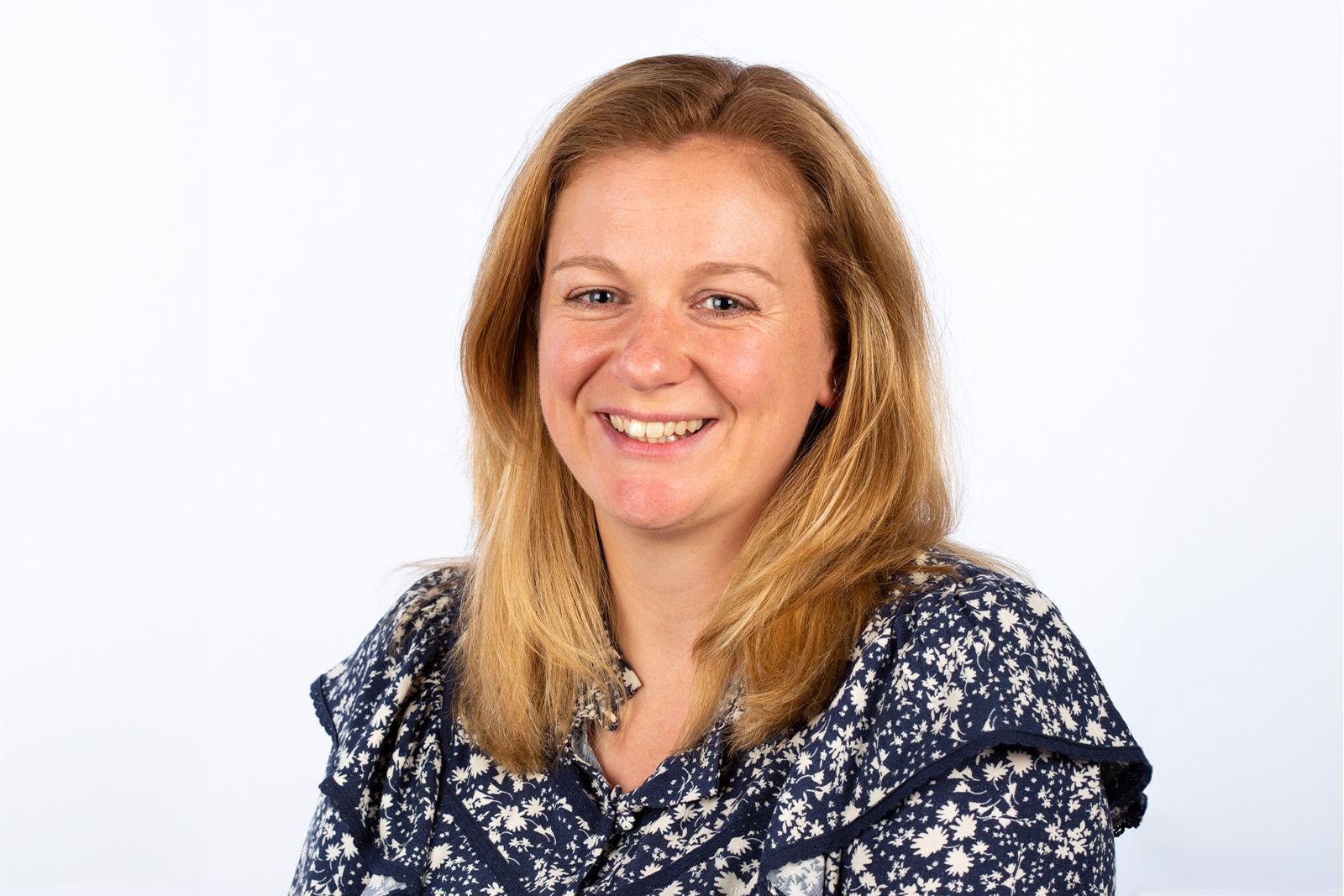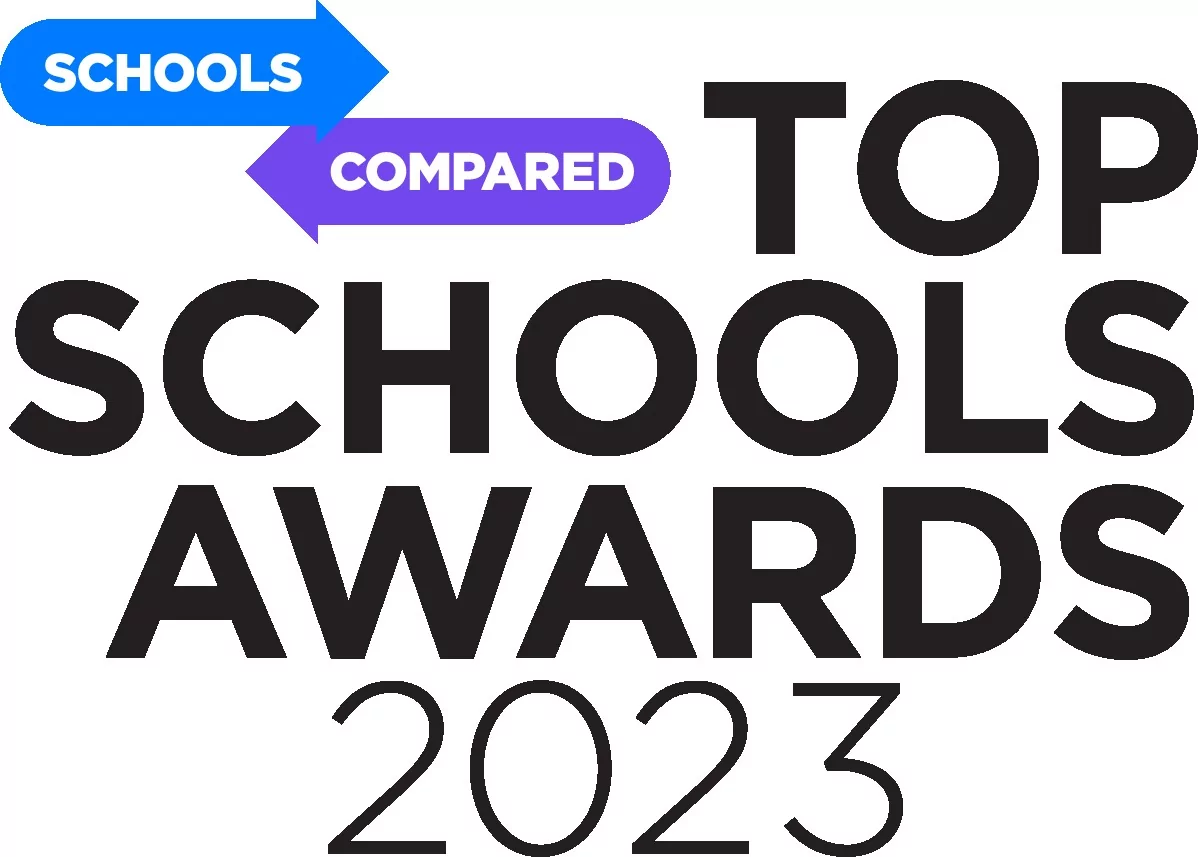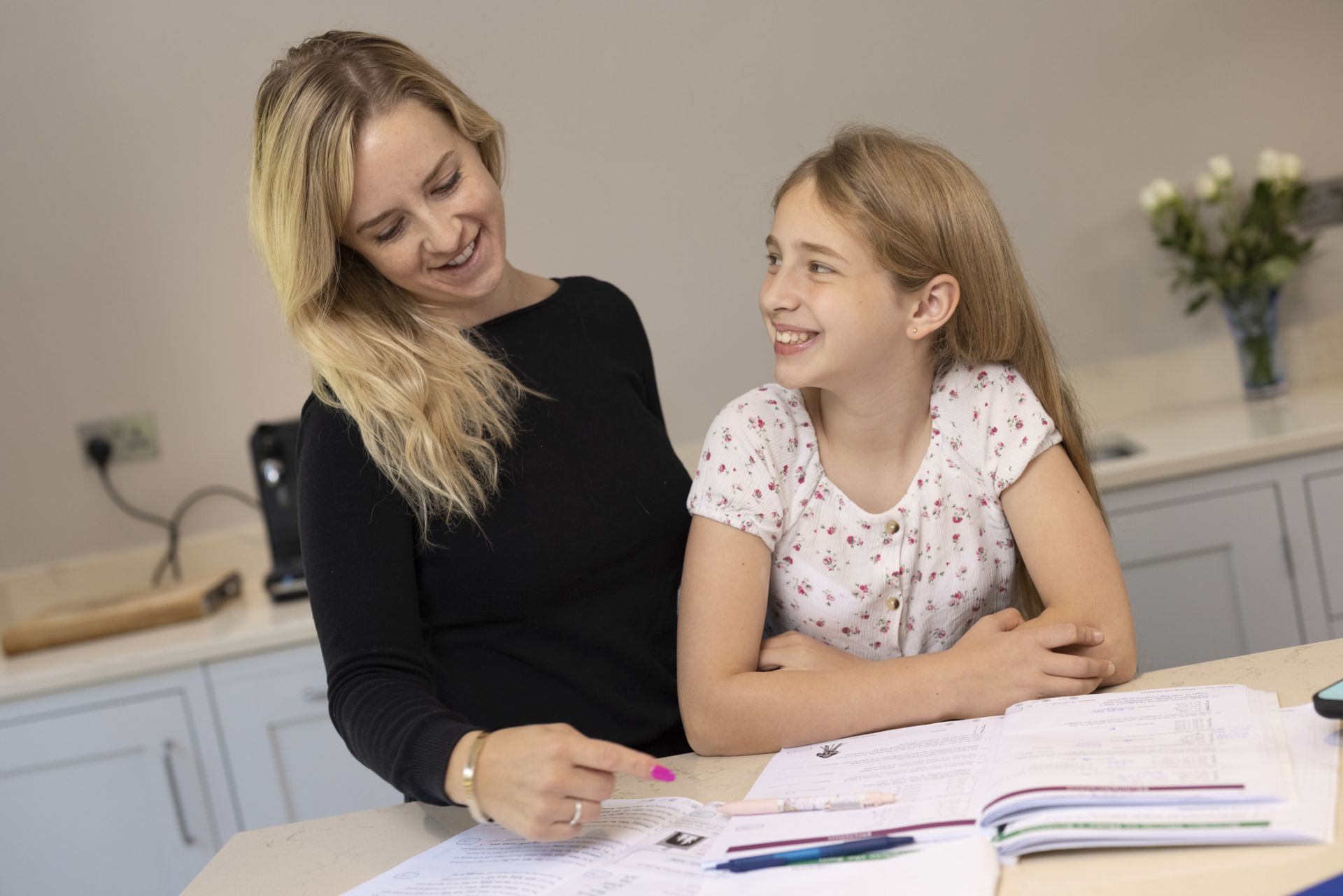
Article January 13, 2022
3 New Year’s resolutions to help your child thrive at school in 2022
New Year’s resolutions aren’t just a fun tradition to kickstart January — according to experts, they’re also highly beneficial for children. Dr. Lanre Falusi, an esteemed paediatrician, says the new year is a great time to set healthy, realistic goals with your children, adding, “Kids love having something to work toward.”
Eating more vegetables, playing less video games, and keeping a tidy bedroom are all common New Year’s resolutions for children and teens. Of course, they’re not the best goals for every young person. If your child is struggling to come up with a resolution that suits them, why not turn to school-based goals?
Research has shown that goal setting can make a big difference in a student’s education. One study found that primary school students felt more motivated and achieved higher results in maths when they followed strategic goals. In another study, secondary school-aged students improved their Spanish language skills after setting new educational targets.
Before 2022 gets into full swing, try carving out some time to help your child come up with an educational New Year’s resolution. If you’re lost for ideas, these three potential goals are a great place to start.
1. “In 2022, I’ll participate more in lessons”
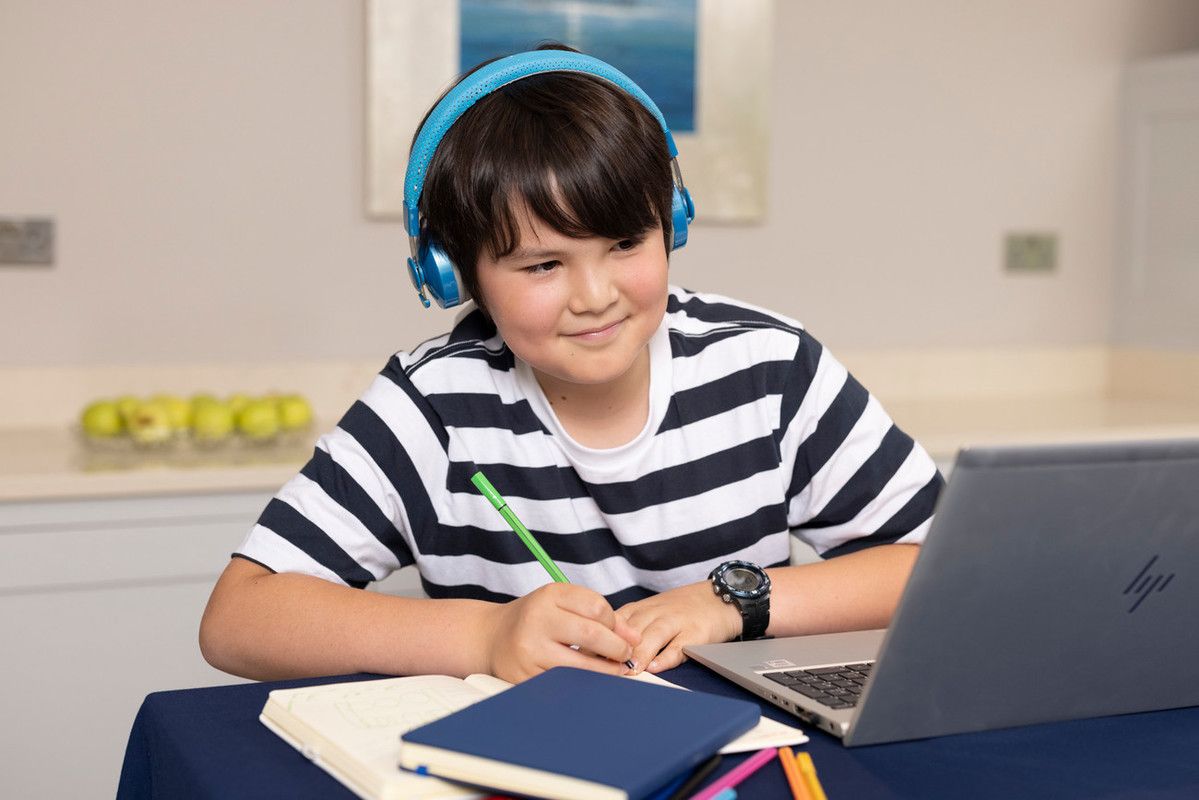
The benefits of classroom participation
There are so many reasons why students should actively participate in classes as much as they can. Alongside keeping children engaged during lessons, participation helps them learn more, develop their critical thinking skills, and improve their communication. That said, many young students are hesitant to contribute during class.
Making a New Year’s resolution to participate more in lessons is a great way for students to tackle their worries about getting an answer wrong or having all eyes on them. Raising a hand a few more times each week or volunteering to read aloud to the class every now and then will go a long way in tackling that discomfort. Before you know it, your child could become one of the most enthusiastic learners in their class.
How children with anxiety can participate online
If your child suffers from anxiety or a school-related fear, however, it may be a lot more difficult to participating in lessons. While many people feel nervous when it comes to contributing in a room full of people, children with social anxiety often feel a great deal of distress. Does this sound like your child or teen? If so, it may be time to consider transferring to a better-suited school environment.
Online schooling is a great option for young people with anxiety disorders and social phobias because there are so many ways to participate in lessons. If students at our online school, King’s InterHigh, don’t feel comfortable turning their cameras or microphones on to share their thoughts, they can type their answers in a chat box — or even start a private one-on-one chat with their teacher.
2. “In 2022, I’ll improve in my hardest subject”
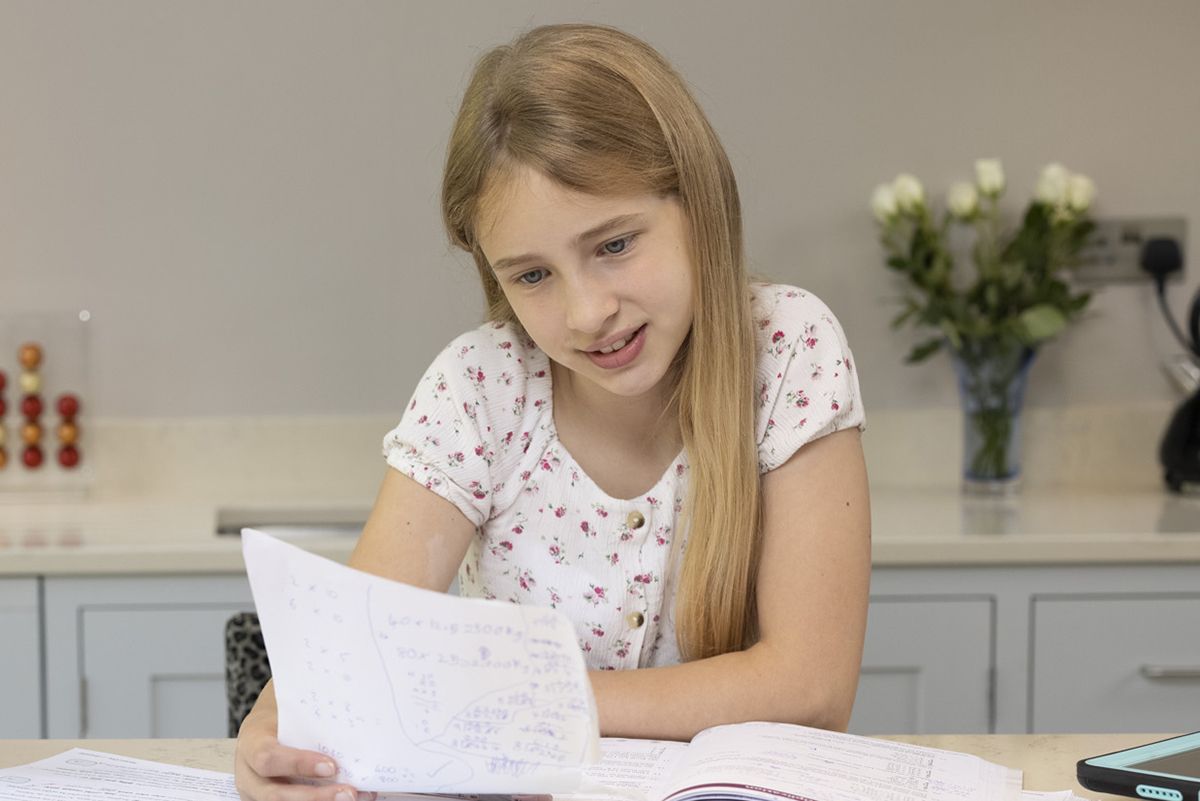
The difficulty of tackling tough subjects
Even the most experienced adults can become demotivated when faced with difficult tasks, so it’s no surprise that students often underperform in subjects they find tough. Every child has a different school subject that they struggle with them most. For some students, it’s a technical or complex class like Physics or Computer Science. For others, hands-on and physical subjects like Art and P.E. just don’t come naturally.
In 2022, why not encourage your child to improve their results in their most difficult subject. They don’t necessarily have to aim for the top grade or the best work in the class; even a small improvement will have big benefits for their educational journey and their self-esteem as a learner. The best part is that children who make this New Year’s resolution can try plenty of small and simple methods to make a big difference.
Making difficult classes interesting
If your child finds their most difficult subject boring at their school, finding ways to make it fun and interesting can help them improve their grades. Children who struggle with Chemistry, for example, may feel inspired by conducting simple at-home experiments like making bath bombs or erupting Diet Coke with mint sweets. At King’s InterHigh, we use innovative AR and simulation technologies as well as interactive learning methods to make even the toughest classes fun.
Rewards for big achievements
Some students feel more motivated to give a subject their all when they have a reward to work toward. A meal at their favourite restaurant, a trip to a special place, or a small toy or game can all be great ways to mark a big achievement in a difficult subject. While this may seem like bribery at first glance, remember that adults work toward rewards every day — working in a job to earn money, for example.
Asking teachers for help
Remember, teachers are also a big help when it comes to tackling difficult subjects. They can offer study advice, provide extra homework so children can master topics, or help students see where they’re going wrong. Our King’s InterHigh teachers are available during and outside ofafter classes, so students are free to approach them for support and guidance in their learning.
3. “In 2022, I’ll make new friends at school”
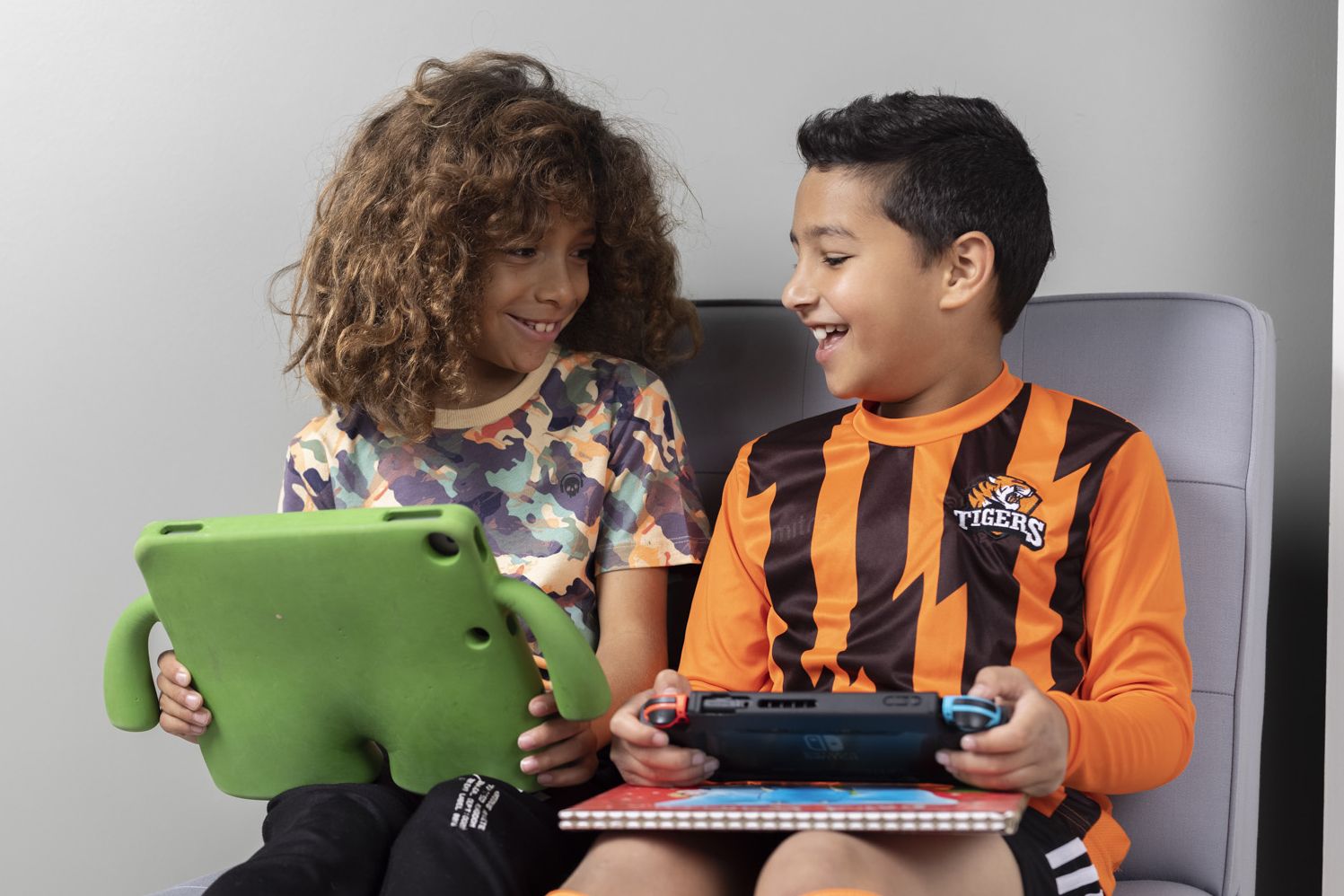
How friendship impacts learning
Making friends may not sound like an educational goal, but the truth is that friendship is a crucial part of childhood academic development. Through these close bonds, students improve their communication skills, problem-solving abilities, and confidence. These are all skills and attributes that students use in their learning each day. Making friends with classmates also keeps children positive about attending school each day, improving their attitude to learning.
While social butterflies may not need this New Year’s resolution, it’s a great choice for shy children as well as young people who move around a lot and struggle to make connections. If your child wants to make new friends at school in 2022, there are many ways to start bonding with classmates.
Find new opportunities
Since teachers often discourage off-topic conversations during class and playground cliques are hard to break into, many children have no idea where to start when making friends. This year, encourage your child to find new opportunities to spend time with classmates. Joining clubs, for example, is a great way to bond over shared interests.
According to the non-profit organisation Alliance for Student Activities, research shows that participating in clubs and extracurricular activities also improves grades and performance in English, maths, and science. Teens, meanwhile, may want to share their social media or video game handles with classmates so they can get to know each other after school.
At King’s InterHigh, we offer online clubs covering a wide variety of hobbies and interests, from chess to babysitting to medical science. Many children who are shy, anxious, or fearful of speaking to others find a new source of confidence in online clubs because they can interact in ways that feel comfortable to them. For our older students, we also have our own safe social media platform called Yammer, where teens can chat with classmates all over the world.
Tackle the root problem
Some children may have a root problem behind their difficulty in making friends. Our online teachers and well-being team run sessions and workshops to help children work through emotional and life-related issues, which can have a big knock-on effect on communication. You can also talk to your child directly about why they struggle with friendship. You may find your child has a specific concern (from a fear of new people to low self-esteem) that you can tackle over time.
Other young people face bullying and teasing at school, which can make them reluctant to talk to classmates — even those who appear to be friendly. If your child’s teachers aren’t doing enough to tackle this bullying, it may be time to consider changing schools.
At King’s InterHigh, students no longer have to worry about being harassed in their place of learning. Our online environment is conducive to friendliness across our community, but we also have a strong no-tolerance policy for bullying. We monitor all vulnerable students and respond to all reports of bullying and harassment.
Online schooling at King’s InterHigh
When it comes to helping your child thrive in school and become a confident, enthusiastic learner, there’s no time like the present. This 2022, consider transferring your child to a school that meets all their needs and supports them to fulfil their potential. At King’s InterHigh, our online learning model and strong school community guide children to become active participants, strive to improve no matter the difficulty, and form lifelong bonds.
To learn more about our school, join one of our free virtual Open Events or contact us.




